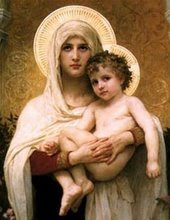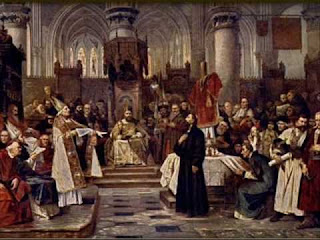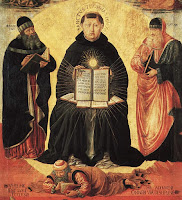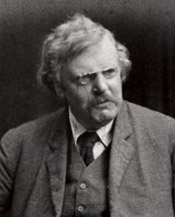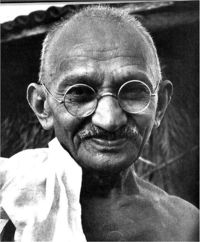The Inner Life of the Most Holy Trinity is an Exchange of Persons
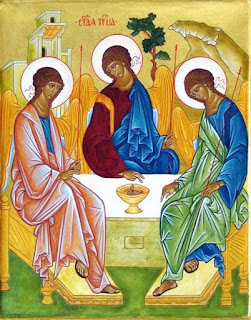
By Matthew Coffin The Solemnity of the Most Holy Trinity is May 22nd. The Divine Family that is God the Father, God the Son and God the Holy Spirit is the central mystery of Christian faith and life . The mystery of the Trinity is the life that dwells in us and sustains us . ___________ "God in his deepest mystery is not a solitude but a family, since he has in himself fatherhood, sonship and the essence of the family which is love." — St. John Paul II The Exchange of Persons in the Trinity The three-leaf clover used in religion classes to explain the mystery of three Divine Persons in one God does not begin to penetrate the incomparable majesty, boundless love, and total communion, which the Church in her Tradition and creeds ascribes to the Trinity. To the early Church Fathers the idea of perichoresis (the exchange of Persons in the Trinity), was indispensable to understanding God. This sublime, metaphysical concept is central to John Paul’s Theology of the
